Documentary films are hot right now, so wouldn’t it be interesting to see one about a French pioneer filmmaker? Sure it would, and that is where Writer, Director, and Producer Pamela B. Green (The Kingdom 2007, The Cabin in the Woods 2011) enters with her own feature-length debut Documentary Be Natural: The Untold Story of Alice Guy-Blaché.
Looking back, the history of early cinema is full of pioneers, though some get more attention than others. D.W Griffith (Intolerance 1916, The White Rose 1923) is credited with producing the first feature-length film with 1915’s ode to the KKK, Birth of a Nation. Except he made a few feature-length flicks beforehand with less white hoods in them. He may have also been beat to the punch by Lois Weber, who also features early examples of split-screen editing and other techniques.
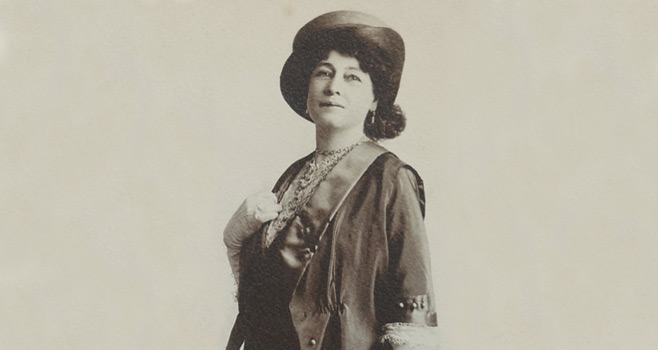
So why is Blaché not as well known today? Why did her career end by the 1920s? Did her work not make that much impact? Or, is she a hidden gem, masked by the attitudes of her time, that is only just getting her due recognition? Those questions asked, Be Natural: The Untold Story of Alice Guy-Blaché offers a lot of promise on a fascinating figure. However, does it manage to live up to it?
Screened at the Cannes, New York, and London Film Festivals in 2018, a larger audience will get its first taste of the film on April 19th in L.A, April 26th in New York, then nationwide shortly thereafter through Zeitgeist Films. The film is the culmination of 8 years worth of research, covering Alice Guy-Blaché’s film career both creatively and in business, being one of the first female film studio owners too through Solax Studios. It collects a combination of interviews with the likes of Patty Jenkins, Diablo Cody, and Geena Davis amongst others, alongside archival footage, including rare interviews with Alice Guy-Blaché herself from way back when. Not to mention it is all tied together with narration from Jodie Foster.
It certainly starts off with a bang by showing off its visual flair, showing a montage of a model Hollywood cycling back through the years. The 2010s become the 1990s, the 1990s becomes the 1970s, the color fades out as the 1950s becomes the 1940s. The Hollywood sign regains its ‘-Land’ suffix before being literally deconstructed as the camera shifts eastward to New York. Then shifts to where the story begins; Paris, 1895, with Alice Guy-Blaché attending one of the first ever ‘cinematograph’ screenings.
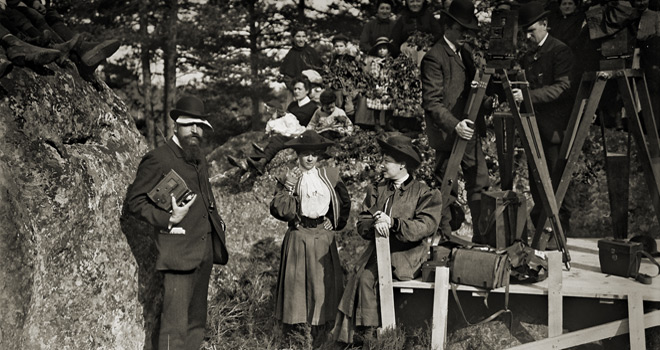
The film’s intro acts as the cliff-notes version of the rest of the film. It describes Alice Guy-Blaché’s life and career up to her leaving Hollywood. Then it shifts to the talking heads discussing her work alongside Green’s own journey of discovery. Not that the visual flair stops. The film keeps up with the collages, alongside cuts of rare memorabilia, location shots, mixes of online and on-location interviews, and even some travel-by-map transitions.
There is a lot of info stuffed into this package. On top of Green’s research and interviews, there are discussions on Alice Guy-Blaché and cinema during her time. For example, they discuss how ahead of her time she was through her work. Much of her early work consisted of comedies with social commentaries, making jokes about pregnancy cravings, amorous creeps, and even gender roles. They may have been shorts, yet they inspired the likes of Sergei Eisenstein and Alfred Hitchcock.
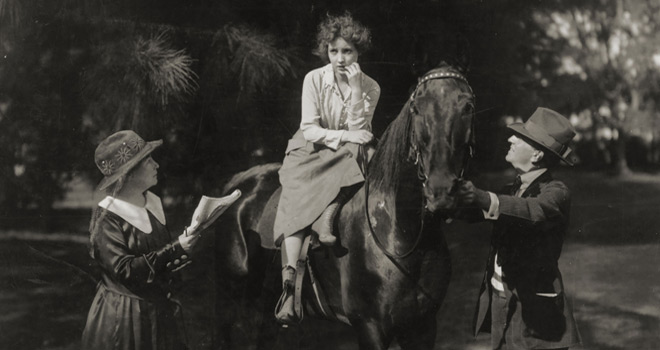
It can feel a little scattershot. Alice Guy-Blaché’s work and life remains the meat and veg of the film, but it has a lot of seasoning through its digressions. Though they do threaten to disrupt the film’s rapid pace. Not by bogging it down, but by making it meander on another track before finding its footing again. It becomes particularly apparent as the film does not return to these side avenues as it nears its end.
Nonetheless, despite these turns, Be Natural: The Untold Story of Alice Guy-Blaché remains a focused and fascinating film on the first female filmmaker. The film shines a light on Alice Guy-Blaché’s life, work and significance, and makes for a pleasantly entertaining feature. While it could have been tighter in places, that does not mean it is not worth watching. If anything, it is a must-see for film students and aficionados, especially so if they are into the early days of cinema. Thus, Cryptic Rock has reason to give Be Natural: The Untold Story of Alice Guy-Blaché 4.5 out of 5 stars.
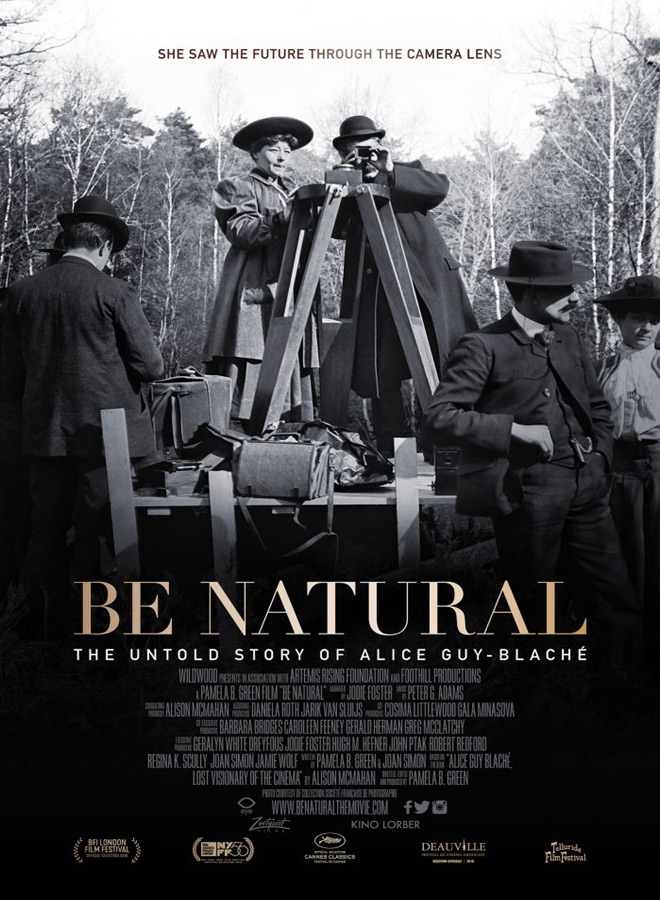


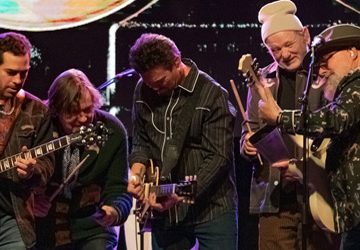
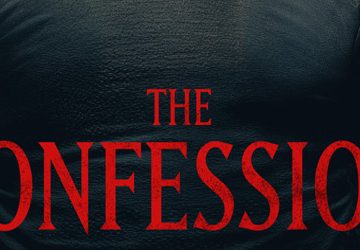


No comment